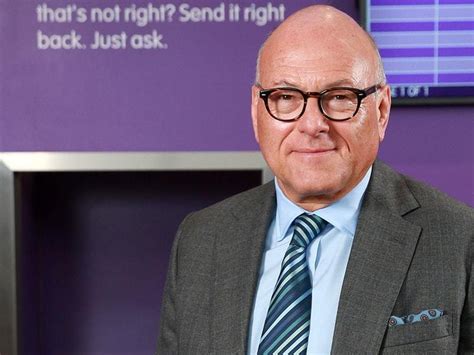A Quote by Mariana Mazzucato
An interesting attribute of public banks is that they don't only de-risk the downside, but also get a share of the upside.
Related Quotes
So one way to create an attractive risk/reward situation is to limit downside risk severely by investing in situations that have a large margin of safety. The upside, while still difficult to quantify, will usually take care of itself. In other words, look down, not up, when making your initial investment decision. If you don’t lose money, most of the remaining alternatives are good ones.
Embrace opportunities with limited downside, unlimited upside. The best deals are those where your risk of loss is predictable and fixed if things go wrong, while your potential gains are enormous if things go right. Take such deals whenever you can get them if the odds of success are halfway decent.


































